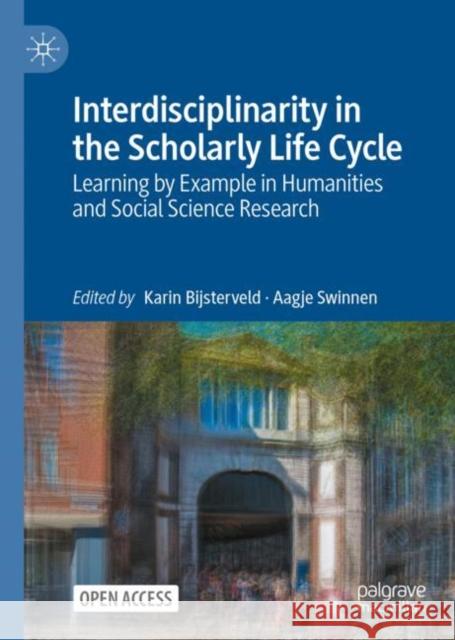Interdisciplinarity in the Scholarly Life Cycle: Learning by Example in Humanities and Social Science Research » książka
topmenu
Interdisciplinarity in the Scholarly Life Cycle: Learning by Example in Humanities and Social Science Research
ISBN-13: 9783031111075 / Angielski / Twarda / 2023 / 304 str.
Interdisciplinarity in the Scholarly Life Cycle: Learning by Example in Humanities and Social Science Research
ISBN-13: 9783031111075 / Angielski / Twarda / 2023 / 304 str.
cena 201,72
(netto: 192,11 VAT: 5%)
Najniższa cena z 30 dni: 192,74
(netto: 192,11 VAT: 5%)
Najniższa cena z 30 dni: 192,74
Termin realizacji zamówienia:
ok. 16-18 dni roboczych.
ok. 16-18 dni roboczych.
Darmowa dostawa!
Kategorie:
Kategorie BISAC:
Wydawca:
Springer International Publishing AG
Język:
Angielski
ISBN-13:
9783031111075
Rok wydania:
2023
Ilość stron:
304
Wymiary:
21.0 x 14.8
Oprawa:
Twarda
Dodatkowe informacje:
Wydanie ilustrowane











